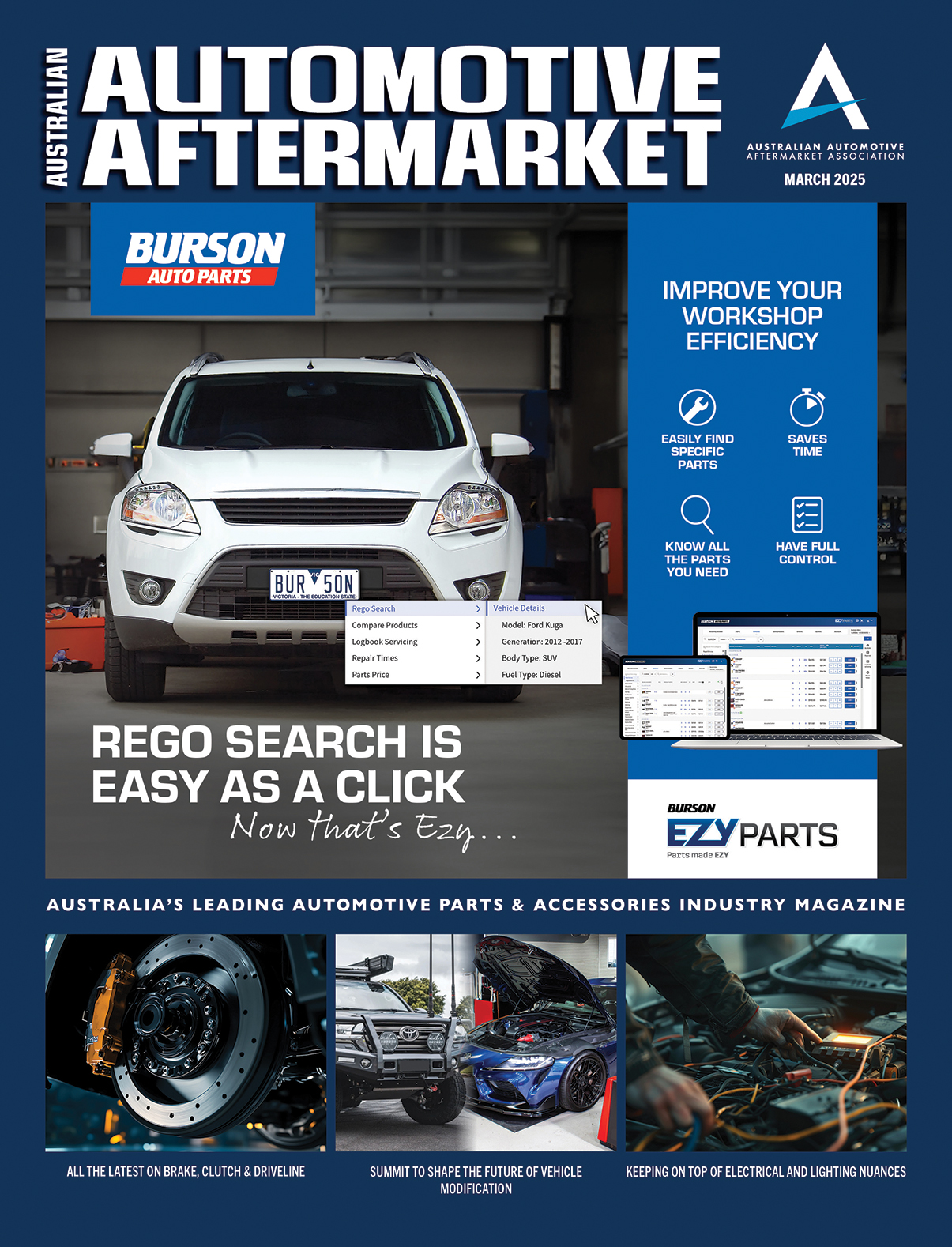THE MAHLE EFFECT TO COUNTER ALTERNATOR FAILURE
The experts at MAHLE say you should keep in mind the following when replacing an alternator

When looking to find the cause of an alternator failure, uncovered is already half the job done, with MAHLE encouraging you to “grab leaks by the collar.”
Just like with other components in the engine compartment, it is important to check the area.
This will usually help track down the cause of the defect quickly, and the first clue is oily residue – this immediately tells you that something is wrong here.
But how does engine oil even get into the alternator? Serious defects often have a simple cause: a small leak in the cylinder head area, or just carelessness when adding engine oil or changing the oil filter, and then the damage is already done.
The results include increased brush sparking and increased wear, overheating of the voltage regulator, and seized brushes.
Oil and carbon dust bond together to form a slurry-like mass and become electrically conductive.
When the “slurry” builds up between the slip rings on the rotor and the alternator housing, sooner or later there will be a short circuit.
MAHLE therefore recommends that you:
• Always cover the alternator with a rag when changing the oil filter.
• Track down and fix any leaks in the engine, fuel system, or hydraulic system.
• Always thoroughly clean up engine oil, diesel, and hydraulic residues.
Alternators for heavyweights, too
MAHLE Aftermarket provides OE quality for the ten largest manufacturers of heavy-duty commercial vehicles, and it has plans to offer alternators for 80 percent of all commercial vehicle applications in the future.
For more information, visit www.mahle-aftermarket.com or email to mapl.sales@mahle.com









